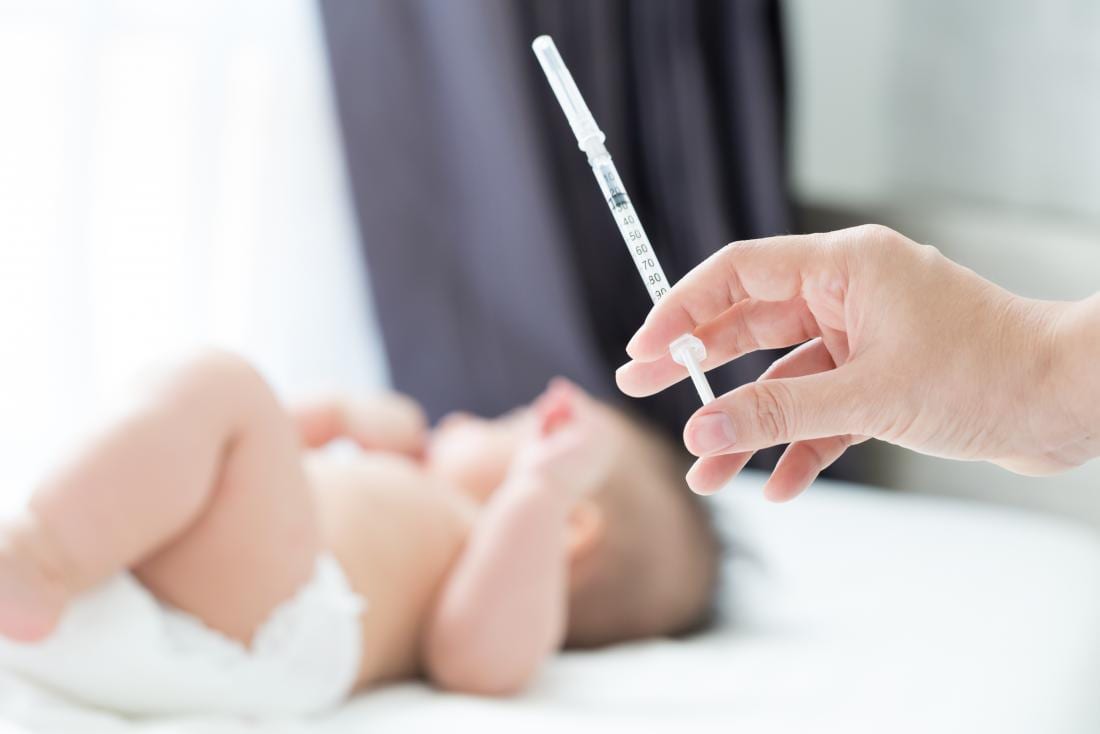Medical & Pharma
Immunization of a newborn within 12 hours of delivery has reduced the risk of Hepatitis B virus transmission by more than 95 percent

Hepatitis B virus (HBV) infection is a worldwide public health problem. There are approximately more than 200 million HBV carriers in the world. There has been growing awareness and the implementation of effective vaccination programs in many countries has resulted in a significant decrease in the incidence of new hepatitis B infection. The process of immunization of a newborn within 12 hours of delivery has reduced the risk of HBV transmission by more than 95 percent said Dr Anoop Alva, Consultant Gastroenterologist, and Hepatologist, Columbia Asia Hospital Mysore.
“Hepatitis B manifests in acute and chronic forms. In the acute phase, Jaundice and acute liver failure can ensue. The chronic form results in cirrhosis of the liver and hepatocellular carcinoma. The age at which the infection occurs is a very important factor. The chance of acute infection to progress into chronic infection is approximately 90 percent if the infection is acquired at birth; 20 to 50 percent if this infection is acquired at childhood and less than 5 percent if acquired during adulthood. The mode of transmission varies depending on the geographical region. The infection may spread from mother to child which is known as vertical transmission. Horizontal transmission occurs from infected needles, blood transfusion, unprotected sexual intercourse, and injection drug abuse. In many patients, the obvious mode of transmission is not known. The virus does not spread through food, water, breastfeeding, coughing, sneezing or through insect bites and another such direct contact” added Dr. Anoop.
“The process of immunization of a newborn within 12 hours of delivery has reduced the risk of HBV transmission by more than 95 percent. Among mothers with a high viral load, antiviral therapy initiated by a specialist can further reduce the risk of transmission. The risk of HBV transmission through blood transfusions is extremely low after the introduction of a detailed and strict serological screening process of donors. Percutaneous transmission usually happens among injection drug abusers and by practices such as sharing of infected needles during acupuncture, tattooing, and body piercing” said Anoop. He also mentioned that Hepatitis B is a global and growing health problem and hence universal screening and Vaccination are the simplest and most effective means to stem the rising tide.
Prevention:
- The best way to prevent hepatitis B infection is Vaccination against Hepatitis B prior to exposure.
- Doctors usually recommend vaccination to all individuals who are tested negative to Hepatitis B, to prevent them from getting infected at a later stage.
- General awareness measures about the use of sterile disposable needles and equipment are necessary to prevent percutaneous transmission of HBV via drug use, piercings and tattooing.
PRESS RELEASE






























